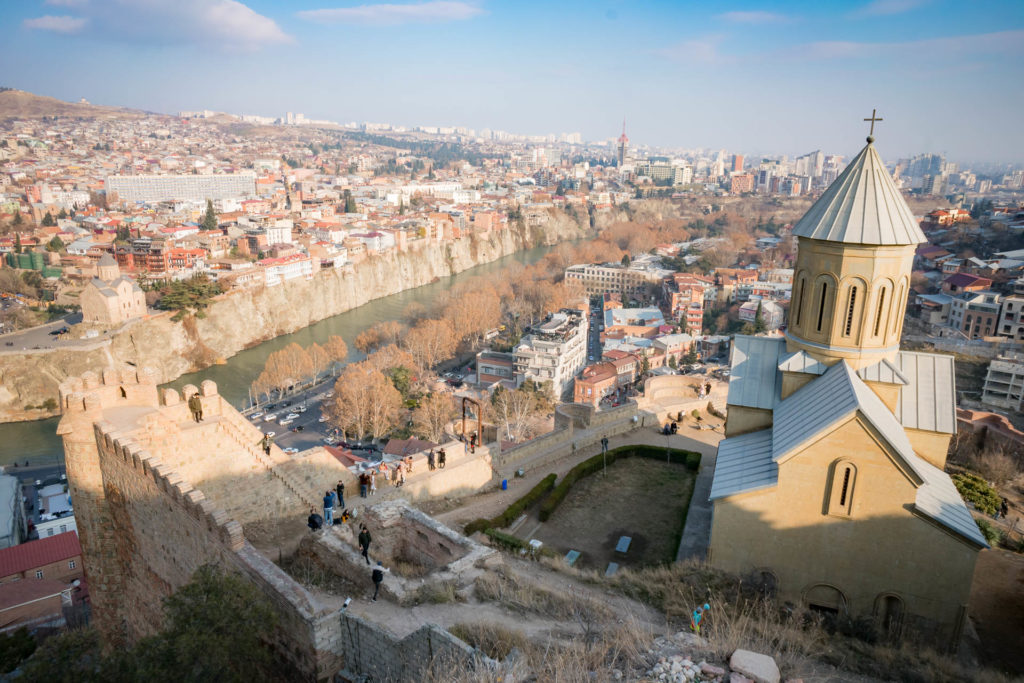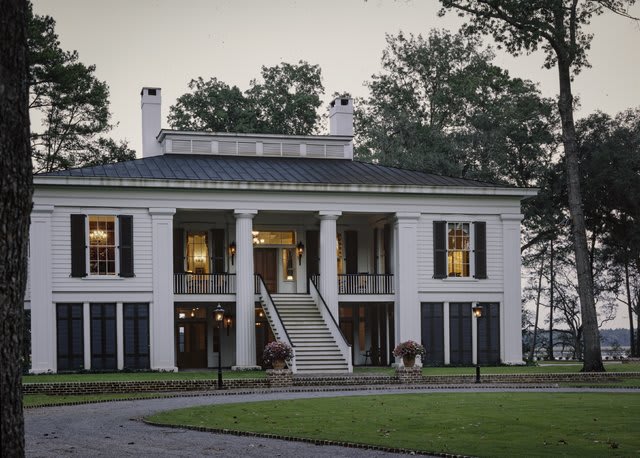
real estate in batumi https://residence-estate.ge/en/property/property-batumi/
Batumi, a dynamic coastal city on the Black Sea, has emerged as one of the most attractive real estate markets in the Caucasus region. Over the past decade, the city has transformed from a quiet seaside resort into a modern hub of tourism, business and international investment. For buyers and investors seeking diversification, high rental demand and competitive prices compared with many European coastal cities, real estate in Batumi presents compelling opportunities. This article examines market drivers, popular neighborhoods, property types, legal and financial considerations, and practical tips for anyone considering a purchase here.
Market overview: The Batumi real estate market has been driven primarily by tourism growth, infrastructure investment and favorable government policies that encourage foreign buyers. The city’s skyline features a mix of restored historical buildings and new high-rise developments that cater to both short-term rental markets and permanent residents. Demand tends to spike during the summer months, but the year-round appeal of Batumi as a regional business and conference destination helps stabilize occupancy and long-term leasing prospects.
Neighborhoods and micro-markets: Different areas of Batumi suit different buyer profiles. The Old Boulevard and the historical center are attractive to buyers looking for character, proximity to cafes, cultural venues and the waterfront. New developments along the waterfront and the boulevard cater to those seeking modern amenities, sea views and higher-end finishes. Districts slightly inland can offer more affordable options, larger apartments and quieter residential environments, which appeal to families and long-term renters. Understanding the micro-market and target tenant or buyer is key to maximizing rental yield and long-term capital appreciation.
Property types and developments: A variety of property types are available in Batumi, including studio apartments, one- and two-bedroom units, luxury penthouses, and whole-floor apartments. Developers have focused on mixed-use projects combining residences, retail and hospitality services. Many buildings include amenities such as fitness centers, pools and concierge services, which can increase rental attractiveness. Off-plan purchases are common and can offer incentives like staged payments, but they come with construction and delivery risk, so due diligence on the developer is essential.
Investment potential and returns: Investors often compare expected rental yield, occupancy rates and cost basis when evaluating deals. Short-term rentals can deliver high peak-season returns, especially for properties within walking distance of the beach and major attractions. Long-term rentals provide lower but more stable income streams, appealing to those prioritizing consistent cash flow. Comparative pricing in Batumi often remains more competitive than many Mediterranean coastal cities, creating potential for capital appreciation as the city continues to attract international visitors and regional buyers.
Legal and buying process: Georgia’s relatively straightforward property laws make buying real estate accessible to foreigners. Non-residents can usually purchase property with minimal restrictions, although some land types, like agricultural land, may have constraints. Standard steps include signing a preliminary agreement, conducting a title search, paying applicable taxes and registering the property with the Public Registry. Employing a local attorney and a reputable real estate agent is strongly recommended to verify documentation, navigate contracts and ensure compliance with local regulations.

Financing and taxes: While local banks offer mortgage products, many buyers opt for cash transactions to expedite the process and negotiate better prices. Mortgage availability for foreigners varies and terms may be shorter or require larger down payments than in some Western markets. Property taxes in Georgia are generally competitive, and there are incentives for investment in certain development zones. Buyers should factor in transaction costs, potential VAT on new builds for certain buyers, communal fees and maintenance charges when calculating total ownership costs.
Rental management and hospitality services: For investors targeting short-term rental markets, partnering with a local property manager or hospitality company can significantly improve occupancy and guest experience. Professional management handles marketing, check-ins, cleaning and maintenance, which is particularly valuable for owners residing abroad. Many developers also provide rental management programs or buy-to-let packages that include guaranteed returns for an initial period — assess these carefully for realistic assumptions and exit terms.
Lifestyle and demand drivers: Batumi’s growing entertainment scene, international festivals, modern shopping centers, casinos and diverse dining options attract a broad demographic: tourists, digital nomads, retirees, and regional business travelers. The city’s improving transport links, including road and nearby airport upgrades, support both tourism and longer-term relocation. Quality-of-life factors such as mild climate, affordable living costs and seaside access continue to drive domestic migration and international curiosity, sustaining demand for both short-term and permanent housing.
Risks and considerations: No market is without risk. Potential downsides include periods of oversupply in certain segments, economic fluctuation in neighboring markets that feed tourism, and project delays in off-plan developments. Investors should also be mindful of currency exposure, local market cycles and regulatory changes. Thorough market research, conservative financial modeling and phased or diversified investments can reduce exposure to these risks.
Practical tips for buyers: 1) Visit the city in different seasons to assess year-round dynamics; 2) Work with licensed local agents and independent legal counsel; 3) Verify developer track records and completed projects; 4) Understand all recurring costs beyond mortgage payments; 5) Consider property management from Day One if you plan remote ownership; 6) Evaluate both short-term rental potential and long-term marketability to future buyers.
Outlook: The outlook for real estate in Batumi is cautiously optimistic. Continued improvements in infrastructure, strategic positioning as a regional tourism hub and a pipeline of new developments suggest a pathway to moderate growth. Investors with a clear strategy — whether focused on holiday rentals, long-term leasing, renovation projects, or capital appreciation — can find attractive opportunities, especially by targeting properties with strong location fundamentals and reputable developers.
Conclusion: Batumi’s real estate market blends seaside charm, modern development and an investor-friendly regulatory environment. Whether you are a first-time buyer, an international investor or someone seeking a second home, knowing the market specifics, legal framework and demographic demand is essential. With proper due diligence and a well-defined investment strategy, real estate in Batumi can become a resilient and rewarding part of a diversified property portfolio.
